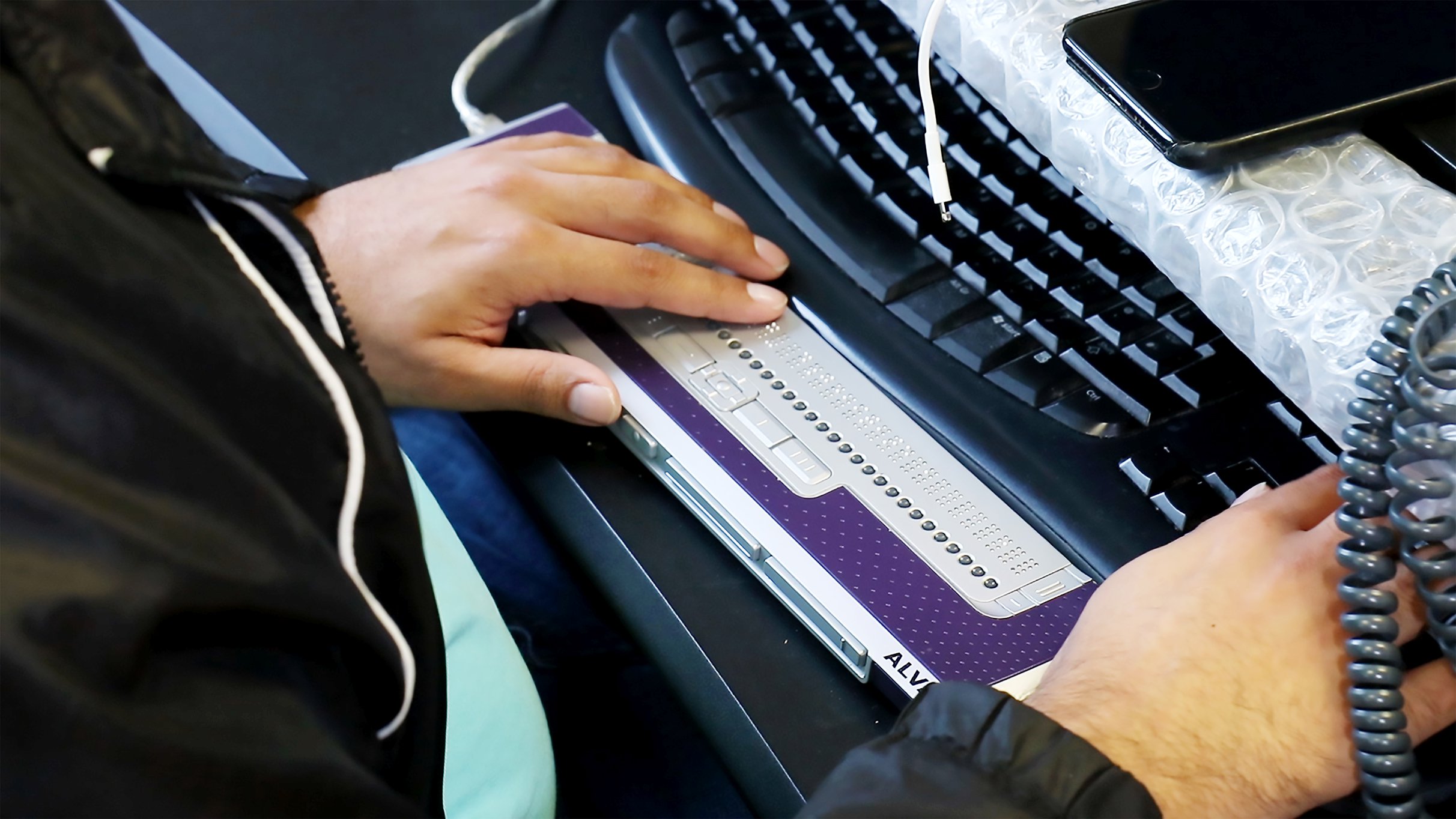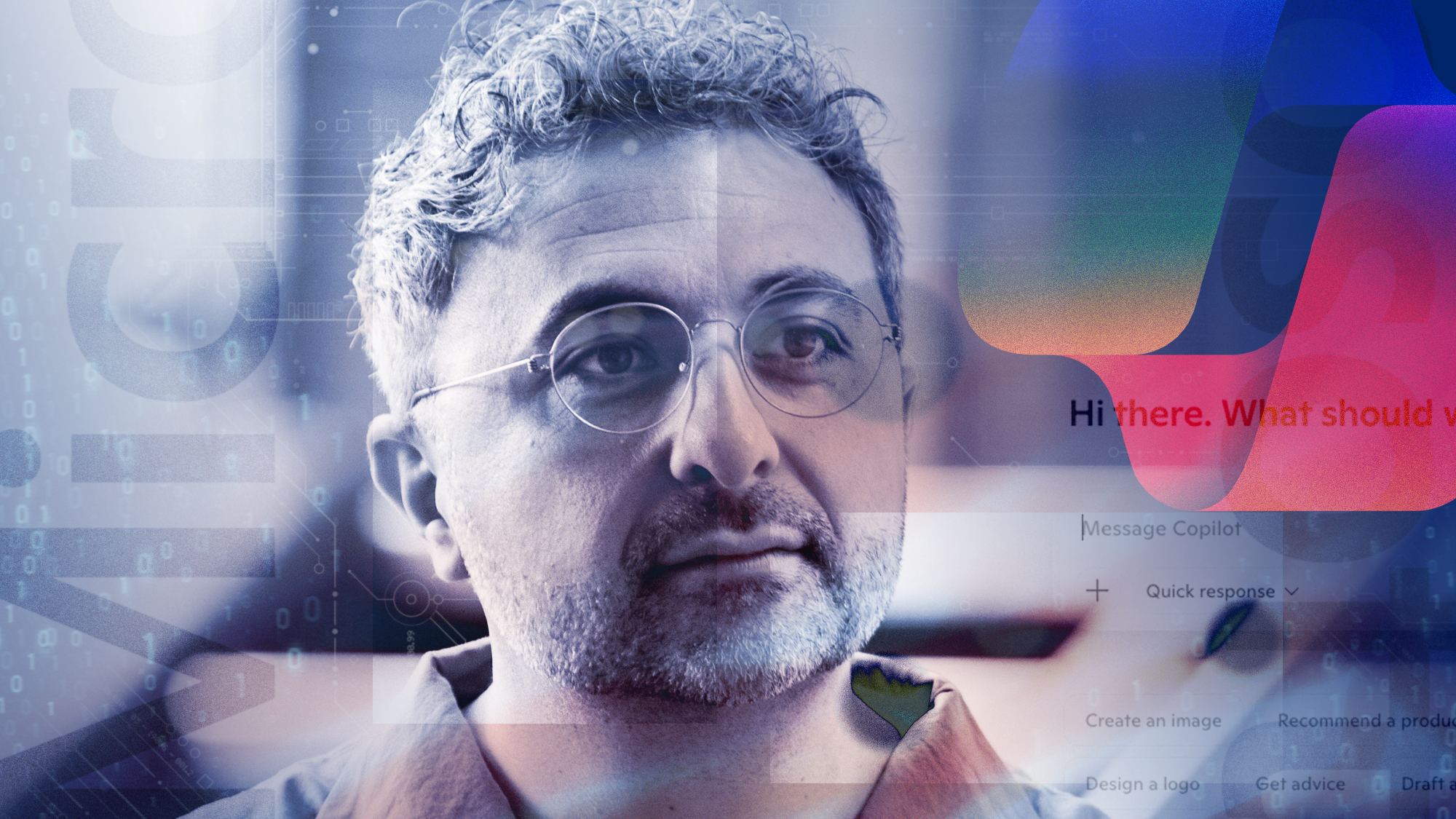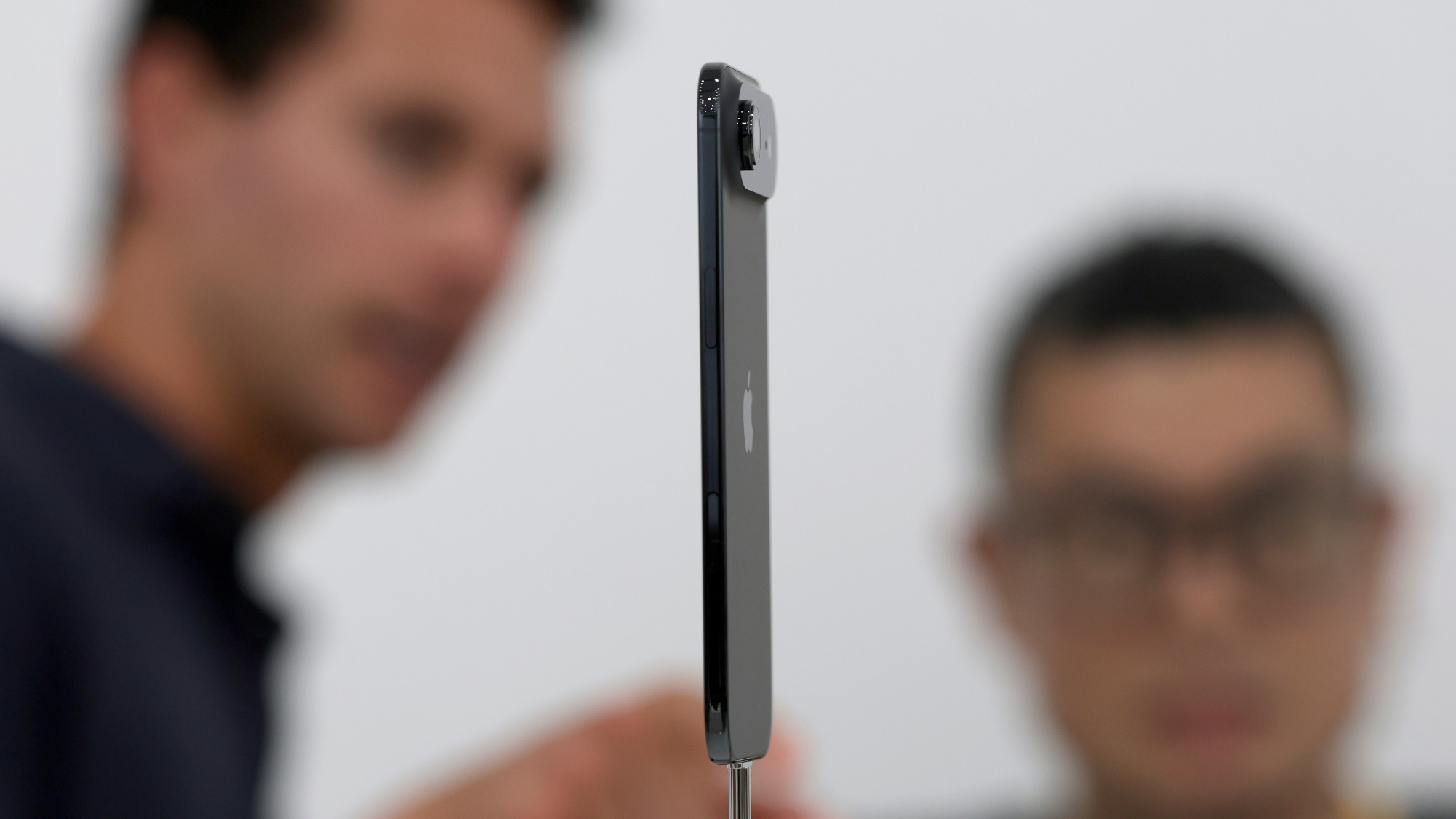Google, Apple and Microsoft team up to create new Braille standard
The USB HID standard make it much easier to use Braille displays across different devices

A free daily email with the biggest news stories of the day – and the best features from TheWeek.com
You are now subscribed
Your newsletter sign-up was successful
Technology giants including rival firms Google, Apple and Microsoft have got together to create a new standard for Braille computer accessories.
The group of tech firms, operating as the non-profit USB Implementers Forum, hope the Braille standard will help to make computing more accessible to blind users and those with low vision, Engadget reports.
At the moment, some Braille displays only work with certain PCs, or require additional software and drivers to use, says CNet. The new USB Human Interface Device (HID) standard will make it easier to use Braille readers across operating systems and hardware.
The Week
Escape your echo chamber. Get the facts behind the news, plus analysis from multiple perspectives.

Sign up for The Week's Free Newsletters
From our morning news briefing to a weekly Good News Newsletter, get the best of The Week delivered directly to your inbox.
From our morning news briefing to a weekly Good News Newsletter, get the best of The Week delivered directly to your inbox.
Blind or low vision users will be able to plug their Braille display into a PC, Mac and Android devices and use it instantly, just like a conventional USB mouse or keyboard.
The new software standard will also help streamline the development process for tech manufacturers making accessories with Braille displays.
Jeff Petty, Microsoft’s accessibility programme manager, said: “Developing a HID standard for Braille displays is one example of how we can work together, across the industry, to advance technology in a way that benefits society, and ultimately improve the unemployment rate for people with disabilities.”
Tech giant will start integrating the new software standard into their products as soon as next year, says Alphr.
A free daily email with the biggest news stories of the day – and the best features from TheWeek.com
The announcement marks another significant step by tech companies towards improving accessibility.
Last month, Microsoft unveiled a new Xbox controller that aims to assist gamers with disabilities. The controller, which takes the form of a board with different buttons and touchpads, has 19 inputs that allow gamers to plug in specialised accessories to improve usability.
-
 Why are election experts taking Trump’s midterm threats seriously?
Why are election experts taking Trump’s midterm threats seriously?IN THE SPOTLIGHT As the president muses about polling place deployments and a centralized electoral system aimed at one-party control, lawmakers are taking this administration at its word
-
 ‘Restaurateurs have become millionaires’
‘Restaurateurs have become millionaires’Instant Opinion Opinion, comment and editorials of the day
-
 Earth is rapidly approaching a ‘hothouse’ trajectory of warming
Earth is rapidly approaching a ‘hothouse’ trajectory of warmingThe explainer It may become impossible to fix
-
 Will AI kill the smartphone?
Will AI kill the smartphone?In The Spotlight OpenAI and Meta want to unseat the ‘Lennon and McCartney’ of the gadget era
-
 Why 2025 was a pivotal year for AI
Why 2025 was a pivotal year for AITalking Point The ‘hype’ and ‘hopes’ around artificial intelligence are ‘like nothing the world has seen before’
-
 Has Google burst the Nvidia bubble?
Has Google burst the Nvidia bubble?Today’s Big Question The world’s most valuable company faces a challenge from Google, as companies eye up ‘more specialised’ and ‘less power-hungry’ alternatives
-
 Is Apple’s Tim Cook about to retire?
Is Apple’s Tim Cook about to retire?Today's Big Question A departure could come early next year
-
 Microsoft pursues digital intelligence ‘aligned to human values’ in shift from OpenAI
Microsoft pursues digital intelligence ‘aligned to human values’ in shift from OpenAIUNDER THE RADAR The iconic tech giant is jumping into the AI game with a bold new initiative designed to place people first in the search for digital intelligence
-
 How the online world relies on AWS cloud servers
How the online world relies on AWS cloud serversThe Explainer Chaos caused by Monday’s online outage shows that ‘when AWS sneezes, half the internet catches the flu’
-
 iPhone Air: Thinness comes at a high price
iPhone Air: Thinness comes at a high priceFeature Apple’s new iPhone is its thinnest yet but is it worth the higher price and weaker battery life?
-
 Is the UK government getting too close to Big Tech?
Is the UK government getting too close to Big Tech?Today’s Big Question US-UK tech pact, supported by Nvidia and OpenAI, is part of Silicon Valley drive to ‘lock in’ American AI with US allies